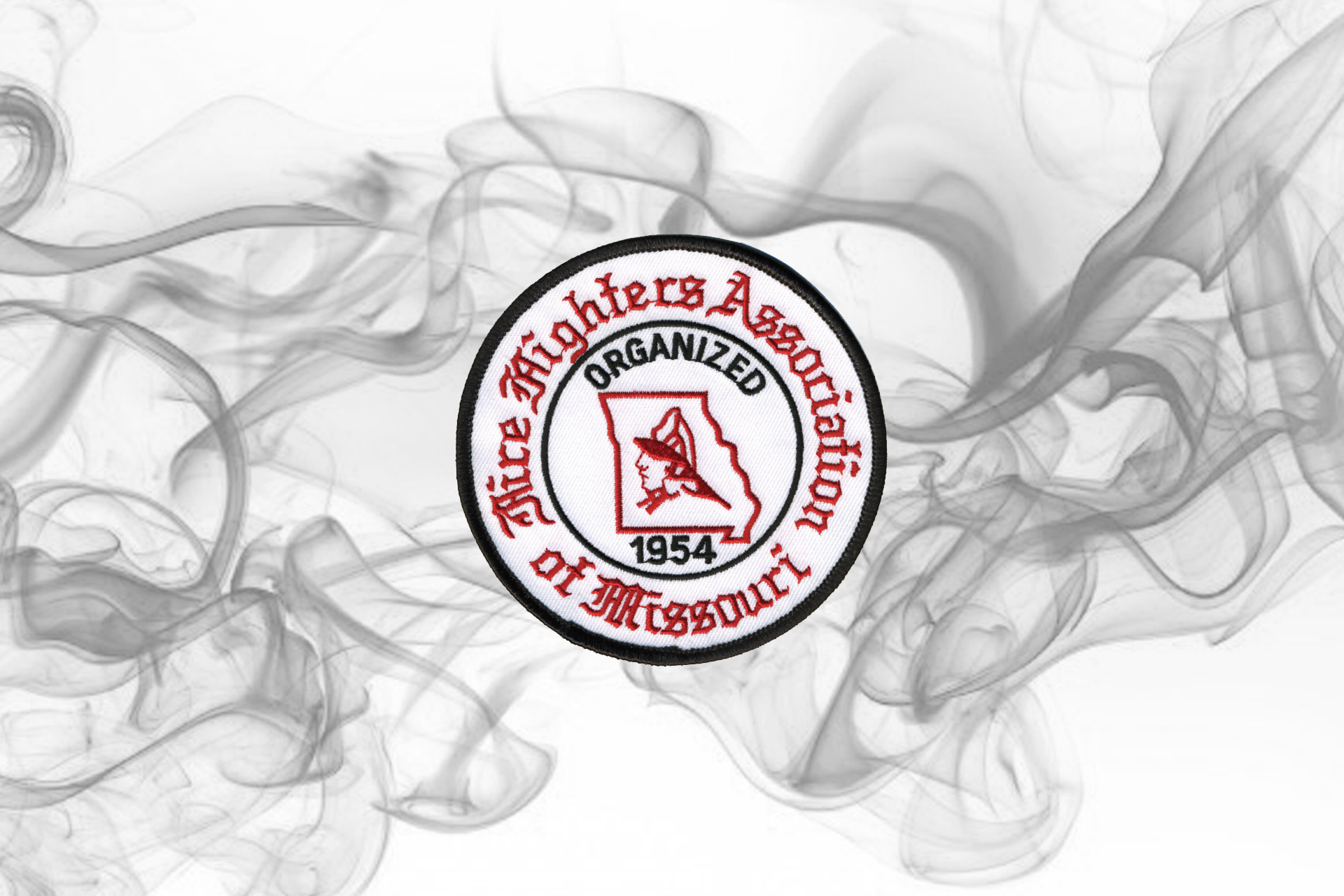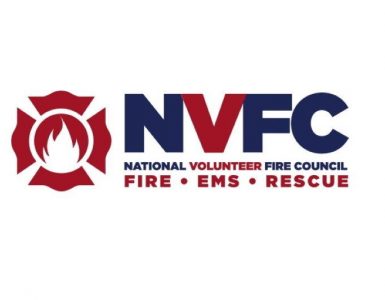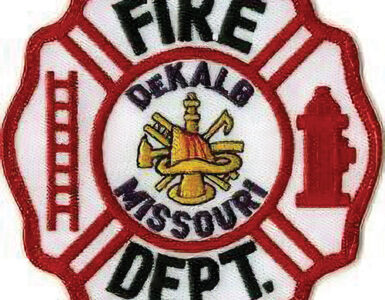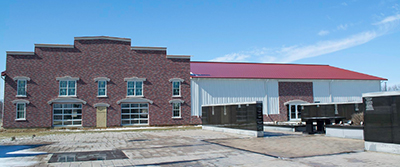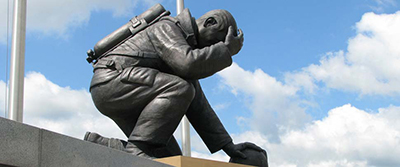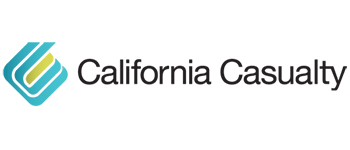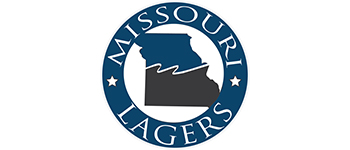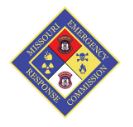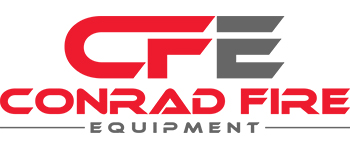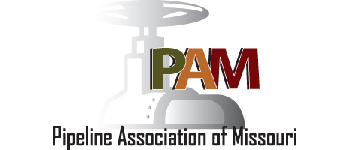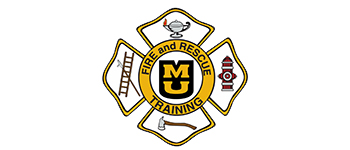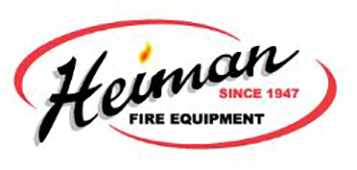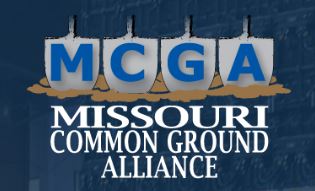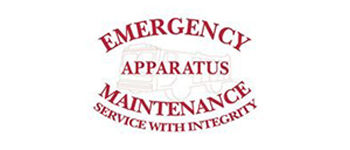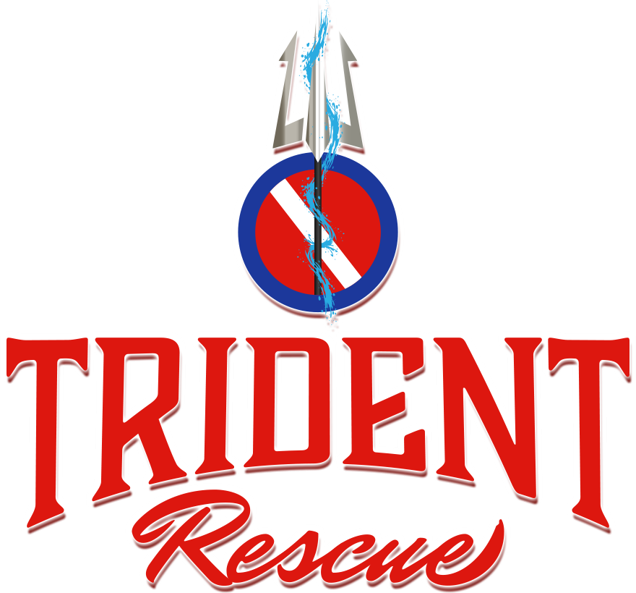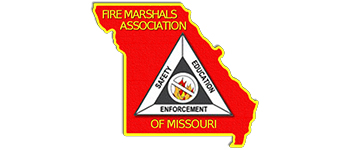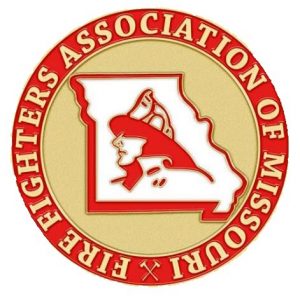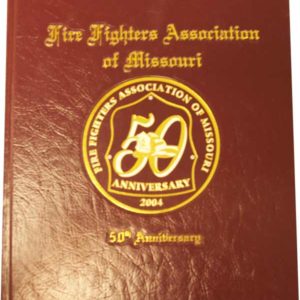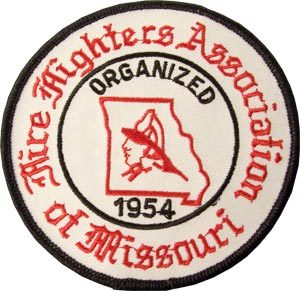Any record of exposure is better than no record. Currently there is no national guidance for the collection and reporting of exposures to toxicants, including carcinogens or tumor-promoting agents. Exposure reporting guidelines exist for hazmat incidents, but guidelines need to be developed and implemented for exposure to chemicals, toxicants and carcinogens from incidents other than those covered by traditional hazmat guidelines. Firefighters need to change their perception and acknowledge that structure, vehicle, dumpster and even wildland fires contain the same chemicals and toxicants, sometimes in greater concentrations, than in hazmat releases and exposure records need to be maintained for all of these exposures.
Certainly the establishment and maintenance of exposure tracking systems needs to be the primary responsibility of the fire department, but each individual firefighter needs to ensure that they are also tracking their own exposures. Each firefighter should establish their own method of capturing this type of information, using personal computers, mobile devices or even index cards, if for no other reason than having a backup.
The IAFF and several state union organizations, such as the California Professional Fire Fighters, have established cancer registries and/or exposure tracking systems for their members. While some of these systems have been available for many years, utilization by individual firefighters can still be significantly enhanced as the definition of toxic and carcinogenic exposures expands to include more and more incidents. In states where cancer presumptive legislation has been implemented, having exposure records bolsters the case of the impacted firefighter as more and more cases are being challenged and existing presumptive legislation is coming under re-examination.
To ensure better protection and prevention, retired firefighters and volunteers who leave service should also be included in these tracking systems for following long-term health status changes, longevity and cause of death. General cancer registries must be updated to capture both an individual’s primary and secondary work history, including specific types of hazardous volunteer work, such as firefighting.


